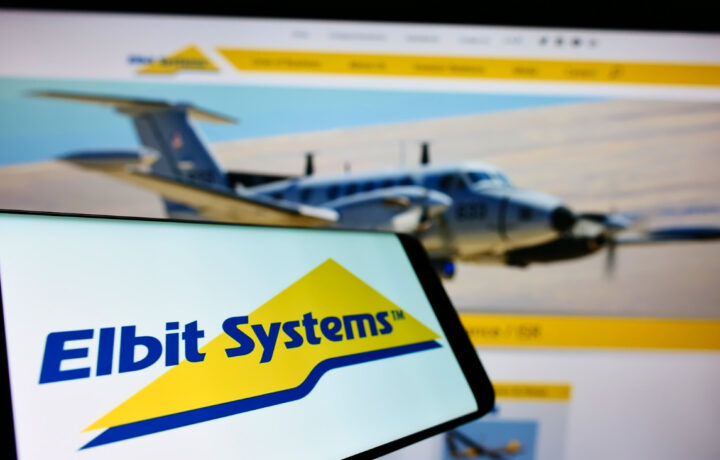Israeli defense contractor Elbit Systems (ESLT) has three huge, positive catalysts that have only just begun to materialize. Further, considering the company’s very bright outlook, its valuation is quite attractive.
Elbit Has Helped Develop a Missile Défense System With Gigantic Potential
Elibit, in partnership with Rafael Advanced Defense Systems, has developed Iron Beam, which will use lasers to shoot down missiles and many other aerial threats, including drones and mortar bombs. After successfully completing many tests, the system is slated to be deployed by Israel (which owns Rafael) later this year.
Iron Beam’s major comparative advantage, versus other missile defense systems, is its extremely low cost. While Israel’s current main missile defense system, the Iron Dome, reportedly costs $30,000 to $50,000 per interception, it’s believed that lasers cost less than $15 per deployment.
Consequently, it’s not surprising that there appears to be a great deal of interest in Iron Beam from other countries. According to Rafael, “If the (Israeli) Ministry of Defense sees that it is acceptable to share this technology with our friends and partners around the world, then …we are likely to receive a lot of interest in (it).” Moreover, Elbit looks poised to generate significant revenue just from Israel’s expenditures on maintaining and expanding Iron Beam over the longer term.
Indicating the high revenue potential of the Iron Beam for Elbit, the company was awarded a contract worth about $200 million by Israel last October to develop the system.
Elibit says that it furnishes Iron Beam’s “ advanced, military-grade ‘High Power Laser’ source”. But one of the company’s main tasks involves developing a version of the system that can be deployed on airplanes.
Interestingly, Iron Beam’s potential limitations and weaknesses could make an airplane-based version of the product extremely valuable. Specifically, lasers reportedly may be stymied by “cloudy and hazy weather,” and Iron Beam may not be able to cope with many projectiles at once. By flying at high altitudes, planes could mitigate the weather issue, while dozens of planes equipped with Iron Beams would certainly increase the number of missiles that can be intercepted.
Further, there is likely to be significantly less competition for a plane-based missile defense system than for a land-based version of such an offering. Indeed, while my research showed that multiple entities, including Boeing (BA) and the UK, have developed ground-based missile defense system, I did not find any examples of such a product that has been deployed in a plane or drone.
Europe and Israel Will Spend a Great Deal on Defense
In 2024, Europe contributed 27% of Elbit’s revenue. The company noted on its fourth-quarter earnings call, held in March, that its aerospace revenue had surged 27% year-over-year in Q4, in large part due to higher sales of its drones to Europe.
With multiple, large European countries, including Germany and the U,K looking to meaningfully boost their defense expenditures, Elbit expects to continue to get a big lift from the continent going forward.
“We see great interest from Europe in our technology and portfolio,” CEO Guzzi Maslikh, stated on the conference call. “We expect very big growth in Europe,” CFO Kobi Kagan added.
Israel, which contributed 29% of Elbit’s revenue in 2024 and recently resumed its war with Hamas, intends to spend about 117 billion Israel shekels on defense this year, similar to the amount that it devoted to the category last year. (One U.S. dollar equates to about 3.7 shekels).
While the defense budget is simila to what the country devoted last year to its military, Israel is spending about 60 billion ahekels more annually on defense than it does during normal years.
In August 2024, ESLT was awarded a 10-year, contract of about $340 million to supply ammunition to Israel. And in January 2025, the company signed two more deals with Israel worth over $274 million.
Under one of the latter agreements, the firm will create raw material production lines for the Mideast country while the other deal involves supplying more munitions.
ESLT Reported Outstanding Q4 Results and ESLT Stock Is Still Relatively Cheap
Last quarter, Elbit’s sales jumped 19% versus the same period a year earlier to $1.9 billion, while its operating income surged to $141.4 million versus $67.6 million during Q4 of 2023.
Given this tremendous growth and the firm’s huge potential, its forward price-earnings ratio of 34.5 times is quite low.
*This article is intended to be informational only; it is not financial advice.




